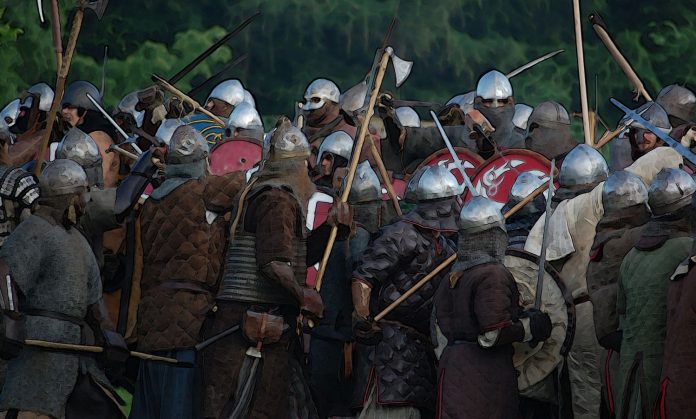
In a post on the SFWA blog, Samuel Poots says that real-world history can provide important backstory and plot for your science fiction and fantasy writing. “When writing fantasy, authors often look to history,” he says. “We love diving into imagined pasts, histories that never were, timelines that dance back and forth across reality’s rails. However, far from making fantasy inherently conservative, this drawing from history can be the genre’s greatest radical strength.”
By looking backwards, writers can find stories that were overlooked or suppressed in the histories. European history generally lacks stories of women, gays and lesbians, and the people colonized by the great powers. “By focusing on these overlooked histories, writers tap into the true revolutionary potential of fantasy’s obsession with the past,” Poots writes.
Further, looking backward is itself a revolutionary act. “Revolutions are extremely self-conscious of how previous revolutions unfolded,” Poots notes. “These revolutionary scripts offer frameworks for political action. Whether they serve as models or counterexamples, they provide the outlines on which revolutionary actors can improvise. And revolutionaries, in turn, can transform the scripts they inherit.” Like revolutionaries, fantasy writers look at history and imagine better outcomes. “Revolutions take that sentiment and use it to evoke action, whereas fantasy takes history’s script and uses it to analyze the present it led us to,” Poots notes. “Fantasy’s mirror is set firmly before real-world revolution. As each reflects upon the other, we find in that glass new ways to understand ourselves and the histories we shape.”











